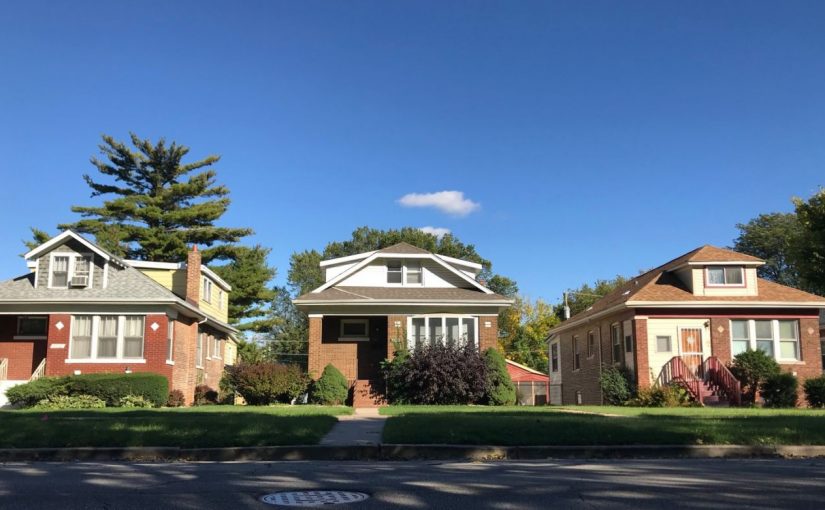A homily for the Twentieth Sunday in Ordinary Time, Aug. 16, 2020
Is 56:1, 6-7, Rom 11:13-15, 29-32 , Mt 15:21-28
When we embrace The Way that Jesus blazed, we recognize that almost everything he preached was countercultural. Then and now.
Dining and bunking in with tax collectors and prostitutes, and forgiving their sins when they repented and promised to go and sin no more: Jesus was able to reconcile these dregs of society with the God of mercy, even if First Century Hebrew society left them at the margins.
As we recall from the Gospel of Matthew,
When the Pharisees heard that Jesus had silenced the Sadducees, they gathered together, and one of them [a scholar of the law] tested him by asking, “Teacher, which commandment in the law is the greatest?” Jesus said to him, “You shall love the Lord, your God, with all your heart, with all your soul, and with all your mind. This is the greatest and the first commandment. The second is like it: You shall love your neighbor as yourself. The whole law and the prophets depend on these two commandments.”
A similar version of this exchange can be found in the Gospel of Luke. It’s Luke’s Gospel, though, that chronicles the scholar of the law asking the follow-up question, the question we all should ask ourselves and each other every day:
Who is my neighbor?
Who is my neighbor?
Jesus answers the lawyer with the familiar Parable of the Good Samaritan.
Beyond those words, however, Jesus answers the lawyer and all of us with his countercultural actions of embracing every one of God’s children wherever they are — physically, emotionally, intellectually, socially, spiritually, hygienically.
Challenging everyone, but especially his followers — us — to do as he says and do as he does.
To declare that everyone is our neighbor, and treat them accordingly.
Let’s look at the thread running through all three readings today: the notion of Gentile.
Gentile. Say it as the Israelites might have, 2,000 years ago. Say it as if you have a mouth full of garbage, ready to spit it out. JENN-toy-ull. Ptui. Blech.
Gentile.
Foreigner.
Uncircumcised.
Stranger, and thus untouchable person.
Different, and thus worthless, person.
Other.
And yet, despite millennia of cultural norms, Isaiah, Paul and Jesus all find value in the outsiders who enter their lives. All three celebrate and cherish their value.
Can we say the same?
Here in the New Jersey suburbs, which were carved from farms that grew tomatoes and corn and strawberries and thoroughbred horses, and which sprawled ever wider and ever denser every time the Garden State Parkway added a lane or two, we used to have a pretty simple notion of who our neighbor was.
Uncle Pat and Aunt Gail to the left of us; Uncle Al and Aunt Nan to the right. Pop-Pop and Aunt Jo a few houses down. The folks across the street, though not as much. Most of them with kids our own age, because most of the adults were at the same places in their lives when they bought their brand-new development homes.
They were people who looked like us, and we looked like them. People who talked and acted the same way, went to similar jobs — maybe even the same jobs if it was that kind of development — joined the same Elks lodge and bowling league, and attended the same church.
 We all let ourselves into each other’s yards and houses and garages and sheds. We knew what tools we could borrow without needing to ask.
We all let ourselves into each other’s yards and houses and garages and sheds. We knew what tools we could borrow without needing to ask.
Our neighbors had milk and bread and sugar and Frosted Flakes any time we ran out, and we had the same for them.
The Same.
When we all were the same, it was easy to know who our neighbor was. Or, at least, to think we knew. We had Same, and Same was wonderful.
Then they started moving into the neighborhood, and they weren’t the same, and it wasn’t as easy to mingle and hang out in each other’s kitchens and rec rooms.
We wanted Same again.
We wanted easy again.
Jesus, though, has this thing about easy. He’s really into pushing us out of our comfort zones, to do the not-easy thing, to do the not-easy thing that may make us feel a bit uneasy.
Such as finding the modern-day equivalent of Gentiles and bringing them into our lives.
In the midst of this global coronavirus pandemic, it turns out the finding part actually is easy. Undervalued and underpaid workers are waiting in long lines at food banks and clinics. People who stay at home alone for health or safety reasons are further isolated from family and friends because of how they choose to live and love. Men and women seduced by conspiracy theories congregate online and feed each other’s paranoia in ever-descending spirals of hate speech.
Every one of them is a person of worth, created in the image and likeness of God, though to us it may not seem that way.
Every one of them is a person deserving justice and charity, deserving to have Jesus dine with them and crash on their couches for a night or two.
Yes, finding modern-day Gentiles actually is pretty easy.
The next part isn’t so easy.
In these days of masks and six feet apart, each of us, as Christ to the world, as Christ’s eyes and ears and hands and heart in the world, each of us must decide how and when we can act as Jesus would toward these so-called others. We may need to research ways to make them part of us. We need prayer and the Spirit to guide us.
No, this part isn’t easy at all.
But we have been commanded to love God and love our neighbor as ourselves.
Commanded.
Commanded.
Commanded to get to work. Now.
So if we observe what is right, do what is just, we will be showered with the grace of salvation and revealed justice, as God promised from ages ago … and as God promises every new day when the dawn breaks.

For me. wno grew up in Dorchester, Mass., with neighbors, in what I though was an Irish town, who I simply took for granted but were Jewish, Italian, Colored (Black was in vogue then). We didn’t have the suburban life but we did walk in and out of our friends houses and did help each other when needed.
So for me, the other, is the suburbanites you describe who are hard for me to understand and accept with their reactions to people who are not within their experience but are integral to mine.